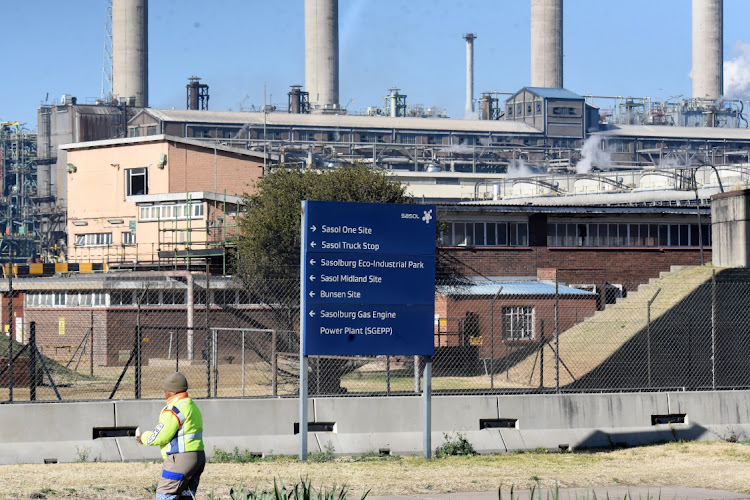Nuance needed in ESG investment considerations

SA must look for an alternative way to implement ESG investing
Environmental, social and governance (ESG) considerations continue to grow within the institutional investor community. However, their implementation in SA leaves one wondering if there are actual considerations of the country’s issues in a way that shows a deeper understanding of what sustainability means.
First, there is a misconception in the industry and public domain that investing in an ESG conscious way implies sacrificing investment returns. This is not true.
A better way to think about ESG investing is not what returns are made, but how they are generated. Are investments environmentally sustainable, do they positively impact society and are all governance considerations being made?
All these questions, if the answer is yes, result in good returns on investments in the long-term. If the answer is no, risks that are not addressed might result in negative returns for investors.
Second, how should the investor community address these issues?
In Europe, where there is a focus on climate change, an exclusionary stance — whereby asset managers completely exclude companies deemed to be bad for the environment or society — has been adopted. For instance, asset managers would exclude from their portfolio of investments a company such as Sasol because it’s a big polluter given the nature of its business.
Banks have also taken stances against coal-mining companies — they no longer finance coal-based businesses because they contribute to high carbon emissions. Some companies do not allow their executives to fly business class because it is high spend on carbon-emitting flights, even though there are still business class seats on them.
This raises a question: is an exclusionary approach to ESG investing the most ideal?
“When we look at companies such as Sasol and those in the coal-mining sector, it is not well considered to take an exclusionary approach”
In activities that are clearly bad for society, such as arms manufacturing, one could understand because the harm to society far outweighs the benefits of jobs and tax revenue. However, when we look at companies such as Sasol and those in the coal-mining sector, it is not well considered to take an exclusionary approach.
Let’s take Sasol for instance. It’s the biggest polluter in the country and asset managers who are fixated on climate change over social and governance issues will exclude it from their investments.
Sasol also has 31,270 employees across 32 countries, the majority employed in SA. It pays $40bn (about R702bn) in taxes to the South African government and invested R2bn in skills development, mostly critical skills required by the economy.
What are South African institutions that exclude Sasol from their investments saying about the consequences of this on jobs and taxes?
It’s the same with coal miners. They are big employers and tax payers.
The European countries that came up with the directive that pushed institutional investors to shun companies that are major polluters have increased the use of coal because of the energy crunch they are experiencing.
Yes, they say they have not abandoned the Paris agreement to reach net-zero carbon emissions in 2050, which implies that when they come out of the energy crunch they will fast-track their targets. This means a more drastic adjustment that might come with negative consequences.
That said, in SA, which is understood to be ripe for its own Arab Spring because of high unemployment and poverty, one must look for an alternative way to implement ESG investing.
It is better to engage companies on their plans to transition over reasonable time to a more green business model than to abruptly exclude. Abrupt exclusion on the basis of climate change results in more social issues for a country.
Perhaps SA must change from ESG to SGE if this will trigger a thought to put social and governance issues at the same level as environmental ones.
